This article contains major spoilers for the Mass Effect trilogy.
The original Mass Effect trilogy redefined the modern RPG through its bouncy mechanics, high-stakes story, and memorable characters. Yet, the character at the helm of this storytelling was Commander Shepard. Commander Shepard came to life with stellar performances by Mark Meer and Jennifer Hale, who expertly conveyed a character with the weight of the literal universe on their shoulders. Through Shepard, players encounter the politics, villains, and technologies that make up a future where interstellar travel is part of everyday life. The Mass Effect protagonist is delivered to players as the sole person destined to solve the existential perils that threaten the survival of organic life across planets and solar systems. Without Shepard, literally nothing gets accomplished. There would be no hero to rally the galaxy, no one to make tough calls, and no one to stop the Reapers. Without Shepard, the cycle simply continues.
Commander Shepard is integral to the DNA of Mass Effect. With a new Mass Effect in development, players are wondering whether Shepard is returning to the series. While many players are grappling with this possibility, it also raises the intriguing question of what the universe would look like without Shepard. Removing Shepard from the equation wouldn’t just alter the story but result in a dramatically different Mass Effect universe. And this universe is one that might be far worse off.
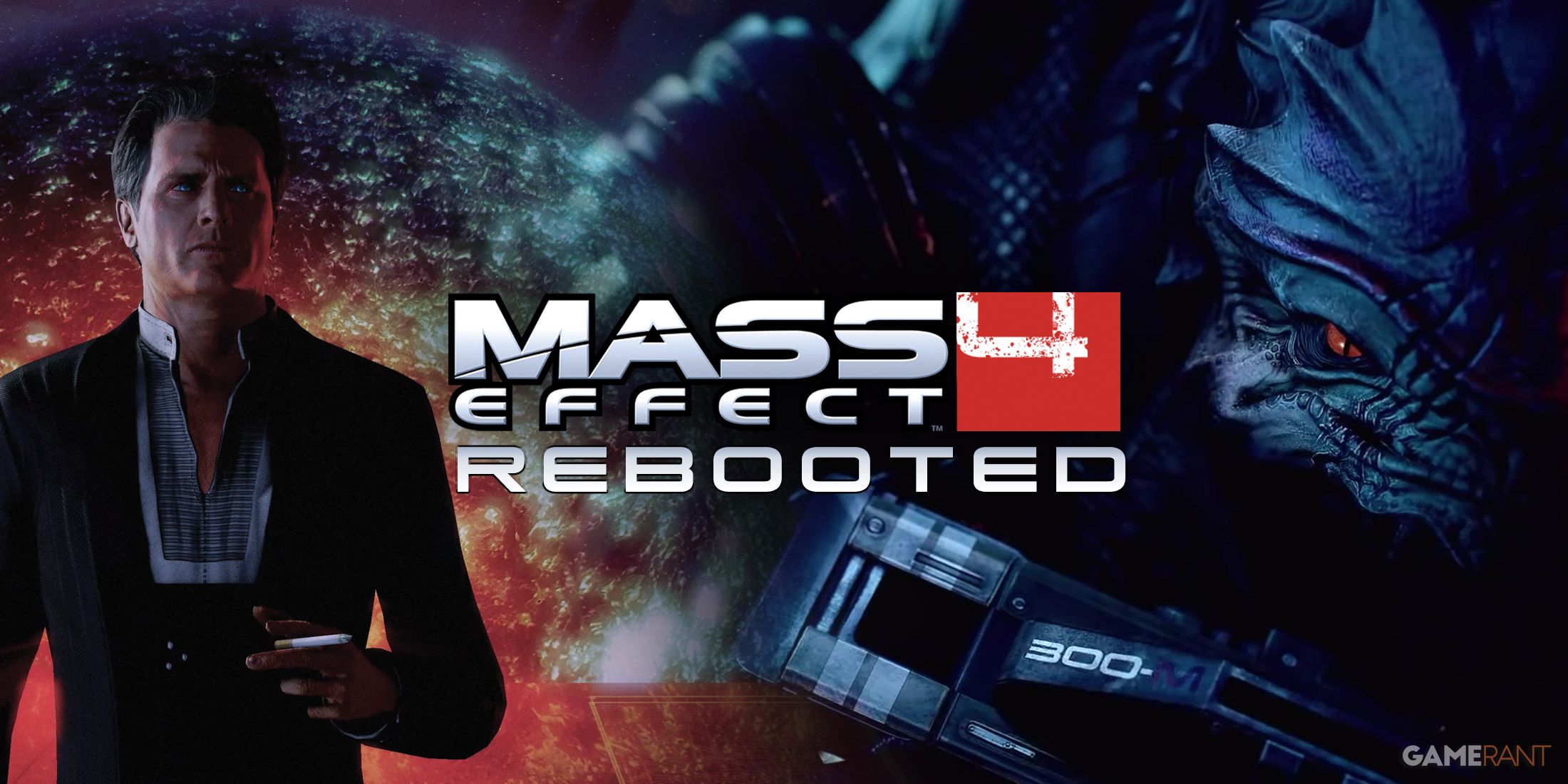
Mass Effect 4: The Case for a Total Franchise Reboot
Many have assumed that Mass Effect 4 will continue the story of the original trilogy, but maybe it’s best for it to be a fresh start.
Mass Effect: If Shepard Were to Not Answer the Call
Shepard’s presence in Mass Effect is so pivotal that it’s hard to imagine the galaxy without them. From the moment they step into the role of a Spectre and are confronted with the threat presented by Saren, they shape the course of history in ways both subtle and monumental. Without their influence, key events would unfold differently, alliances would shift, and the balance of power in the galaxy might take a drastically different turn. Looking back at the events of Mass Effect, it becomes clear just how much the absence of one person could reshape the fate of an entire universe.
The Council’s Beaurocracy Is the Galaxy’s Doom
Shepard cut through the red tape of The Citadel Council to grant organic life a fighting chance. In the very first Mass Effect, Shepard ascending to the rank of Spectre gives humanity a beacon of hope. Although newcomer humans are not immediately granted a highly coveted seat on The Council, Shepard uses their privilege as a Spectre to ring the alarm against the Collector and Reaper threat. Without them, The Council’s refusal to act on critical matters would leave every species of the universe scrambling to defend themselves separately, making it even easier for the Reapers to wipe out entire civilizations. To make matters worse and more annoying, the destiny of The Council rests in Shepard’s hands as early as the very first game despite The Council’s inaction.
Companions’ Lives Would Go Uninterrupted
Mass Effect is simply not Mass Effect without the crew that accompanied Shepard. Mass Effect is praised for its character writing, having successfully delivered a cast of deeply memorable characters that, over a decade later, players still carry with them. But no Shepard means no Normandy crew. No Normandy crew means that none of those legendary friendships and character development arcs happen. Characters like Garrus would have never abandoned C-Sec for greener pastures, Liara would have likely researched Prothean ruins until her demise, and Tali never earns her way back to her flotilla. And these scenarios are just the broader, more drastic strokes of missed chances. More mundane moments like witnessing the blossoming friendship between Shepard and Joker would have never happened. Unfortunately, Shepard was the glue keeping these characters together. Besides, a universe where players never hear Garrus tell them that he is in the middle of some calculations would be an absolutely devastating alternate universe.
The Rachni’s Fate Remains a Mystery
Throughout the course of every Mass Effect game, Shepard is faced with the burden of history-altering decisions. In the very first Mass Effect game, players are introduced to such a cut-throat system early on, with decisions that have the potential to wipe out an entire species like the Rachni. Shepard’s decision to save or destroy the Rachni queen is a huge opportunity for players to learn more about the game’s Paragon and Renegade system. Without Shepard, though, the Rachni’s fate is up in the air, unknown to the rest of the galaxy. In the worst-case scenario, the Rachni could have ended up being full-on organic war machines under Reaper control.
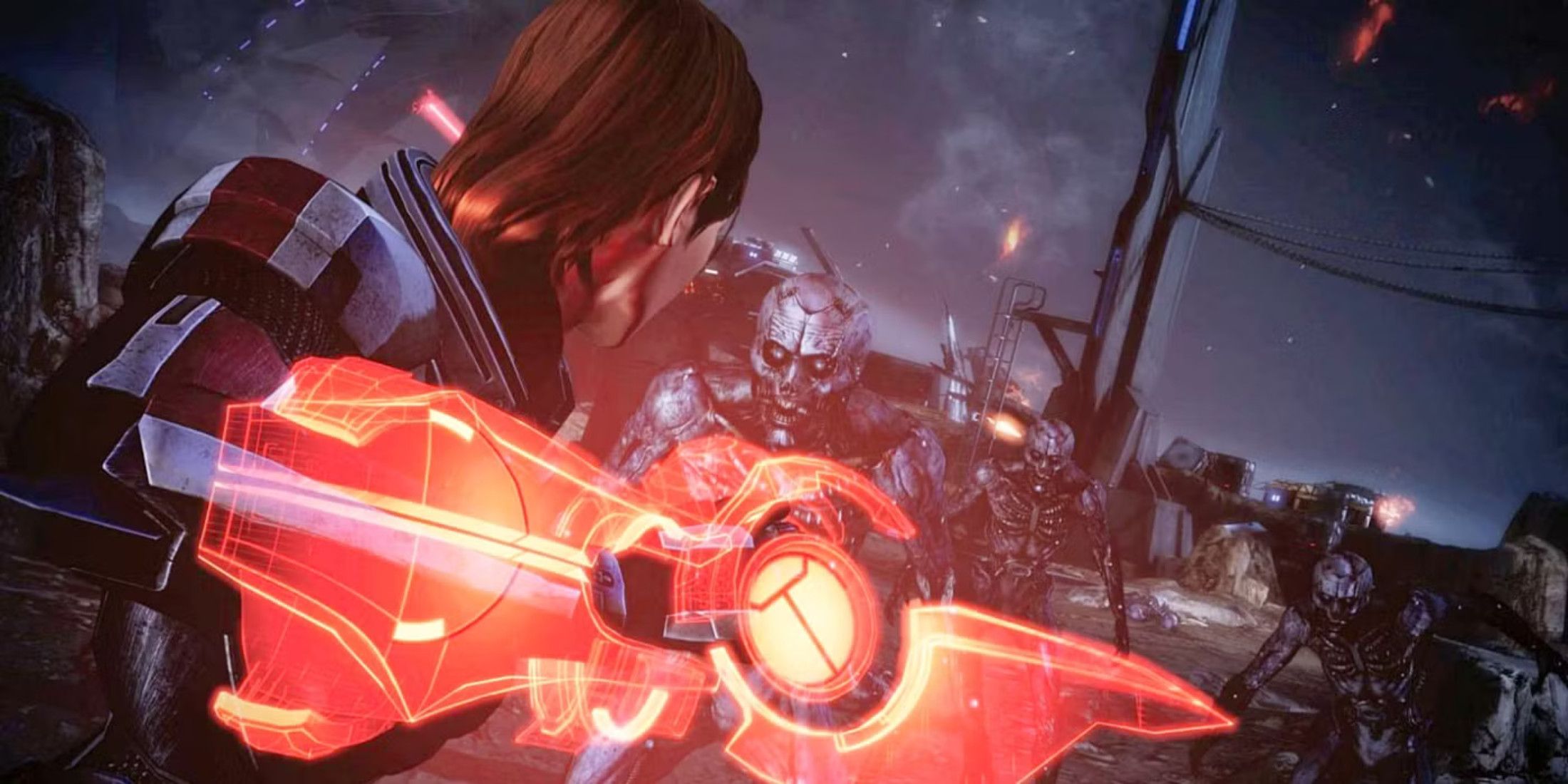
Related
Mass Effect is Sitting on One Goldmine that Can’t Go Untapped for Long
Mass Effect is known for its high-stakes action-adventure gameplay and narrative, but there might be more options at the series’ disposal.
Mass Effect 2: A Death Sentence Without Shepard
By the time Mass Effect 2 begins, the galaxy is already teetering on the edge of chaos. The Collectors lurk in the shadows, abducting entire human colonies with no clear opposition, while old tensions between species continue to simmer. The mysterious organization Cerberus, whose true intentions remain nebulous, has entered the game’s lore as well. Shepard’s return is the spark that unites a ragtag team of specialists and gives organic life a fighting chance against an enemy no one else even acknowledges. But without Shepard’s leadership, the events of Mass Effect 2 would take a drastically different course, and the galaxy would be left vulnerable in ways that are difficult to comprehend.
Cerberus Remains Unchallenged
Without Shepard to oppose them, the Cerberus organization might have gained significant influence. The Illusive Man, lacking Shepard as his top operative, might have resorted to more extreme and unethical methods, further cementing Cerberus’ power without any moral counterbalance. The Illusive Man could have manipulated galactic events unchecked, potentially making humanity a dominant but ethically compromised force. If humanity became indoctrinated through Reaper tech (which TIM was already messing with), Cerberus would have ended up as an extension of the Reapers themselves.
The Loss of More Companions
Without Shepard’s leadership, the diverse and often volatile squadmates of Mass Effect 2 would likely struggle to unite under a common cause. Additionally, the loyalty missions that define much of Mass Effect 2’s storytelling would take drastically different turns or perhaps not happen at all. Shepard isn’t just the glue that holds the Normandy’s crew together, they are the driving force behind the loyalty and personal growth of each squad member. Without Shepard, characters like Jack, Zaeed, or even Garrus could end up lost to their own vendettas, while others like Thane or Samara might never find the redemption they seek. Miranda and Jacob, both Cerberus operatives, would likely remain cogs in the Illusive Man’s machine rather than developing their own convictions.
The Failure of the Suicide Mission
Players’ heart rates rise at the mere memory of playing Mass Effect 2’s harrowing and masterful final mission. During the final mission, Shepard chooses who will lead the squad to victory under their command. But without Shepard, the suicide squad has no leader at the helm. The Normandy without Shepard would be a fractured force. The suicide mission would live up to its name if it even happened at all.
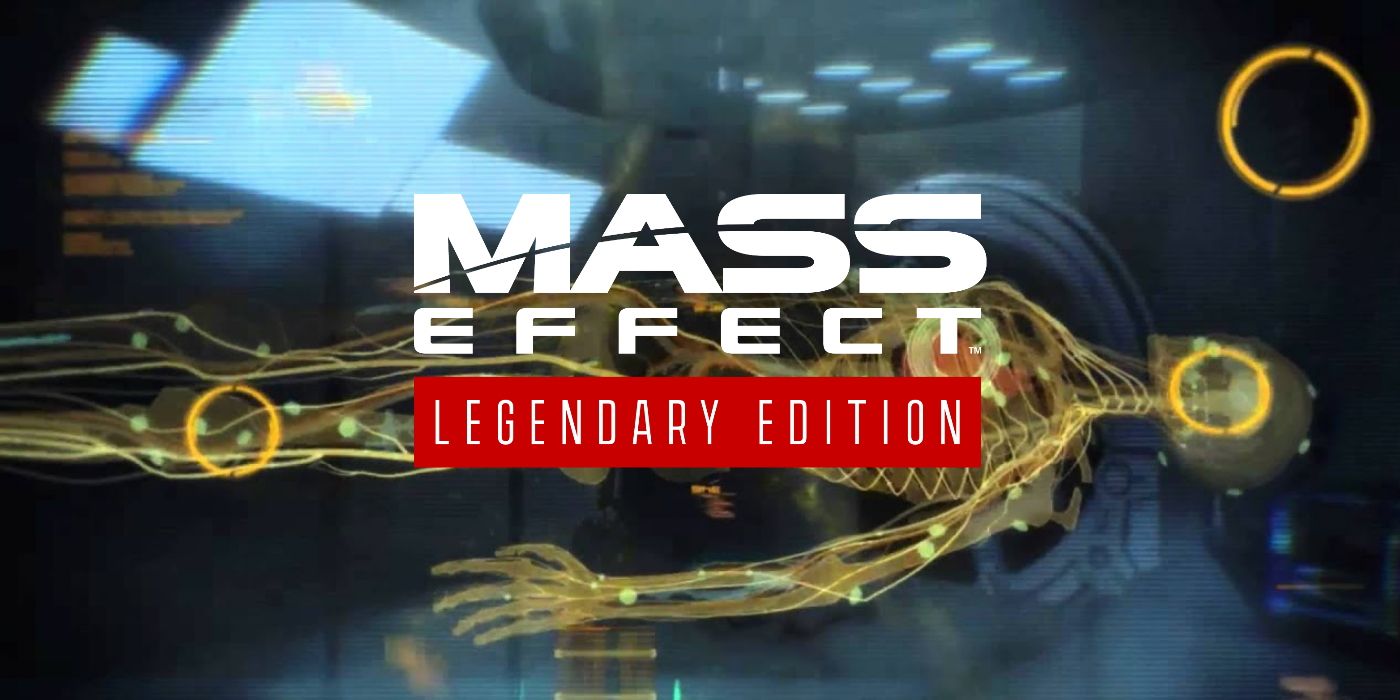
Related
Mass Effect 2 Best Plot-Point Is Also Its Biggest Weakness
Mass Effect 2 relies on one of the series’ best twists, but as the game goes on that twist becomes one of the game’s biggest weaknesses.
Mass Effect 3: In the Face of Anihilation Without Shepard
By the time Mass Effect 3 begins, the Reapers have arrived. The galaxy stands on the brink of annihilation. Every major civilization scrambles for survival, but cooperation is in short supply as old grudges and political divisions threaten any chance of unity. Shepard is the force that brings these fractured factions together, forging alliances that would otherwise be impossible. But without Shepard to rally the galaxy, hope runs slim. The fate of the war and the very future of galactic civilization would take a far darker turn.
The Krogan Question Remains Unanswered
A major plot point that sticks out like a sore underbelly throughout the trilogy is the one of the krogan genophage. In Mass Effect 3, Shepard is tasked with yet another major decision: delivering the cure or tricking the krogan into a quickly discovered placebo. But without Shepard, this decision may not have been at the forefront. The genophage cure would likely never be considered, dooming the krogan to a slow extinction if they even survived the Reaper threat.
No Shepard Results in the End of Organic Life
Although the end of Mass Effect 3 remains a hotly debated finale, the end of the Mass Effect trilogy without Shepard is simply unimaginable. Without Shepard uniting the galaxy in a collective war effort, the Reapers would likely wipe out civilization point-blank. The Council dismissing warnings stemming back from the first game would have been the omen to spell the beginning of the end. Shepard is the only figure with enough credibility and influence to bring together the Systems Alliance, the turians, krogan, quarians, and even the geth into a single coalition. Without them, those factions would likely remain divided, weakening the galaxy’s chances of survival. By the time anyone took the threat seriously, it would be entirely too late. There wouldd be no Normandy crew to gather allies, no big push to unite the species, and certainly no Crucible to even try stopping the cycle of extinction.
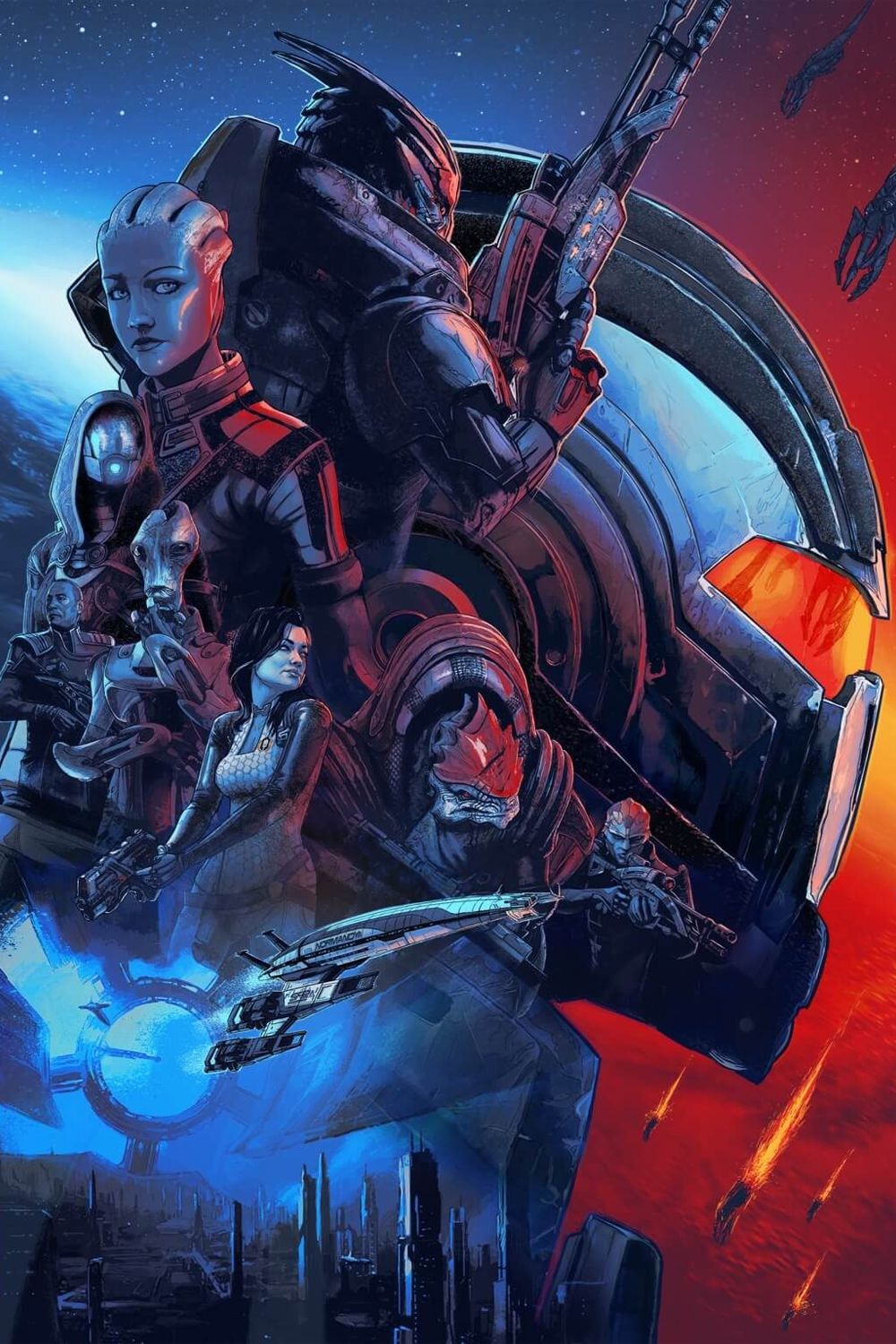
Mass Effect
- Created by
-
Casey Hudson
- Creation Year
-
2007
- Developer(s)
-
BioWare, Edge of Reality, Demiurge Studios, Straight Right
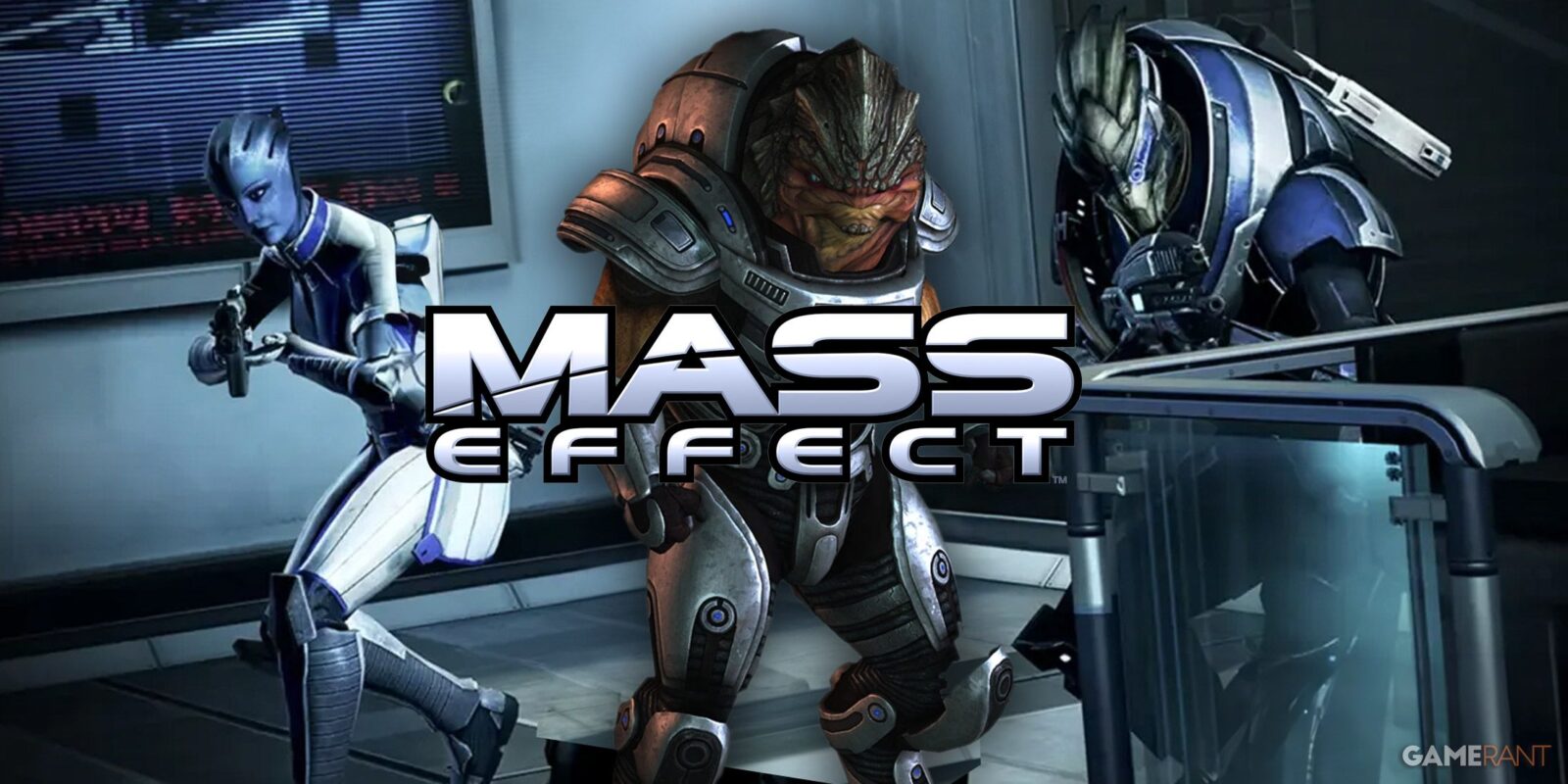




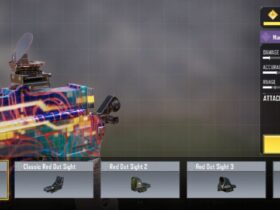

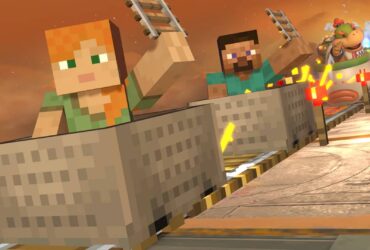



Leave a Reply